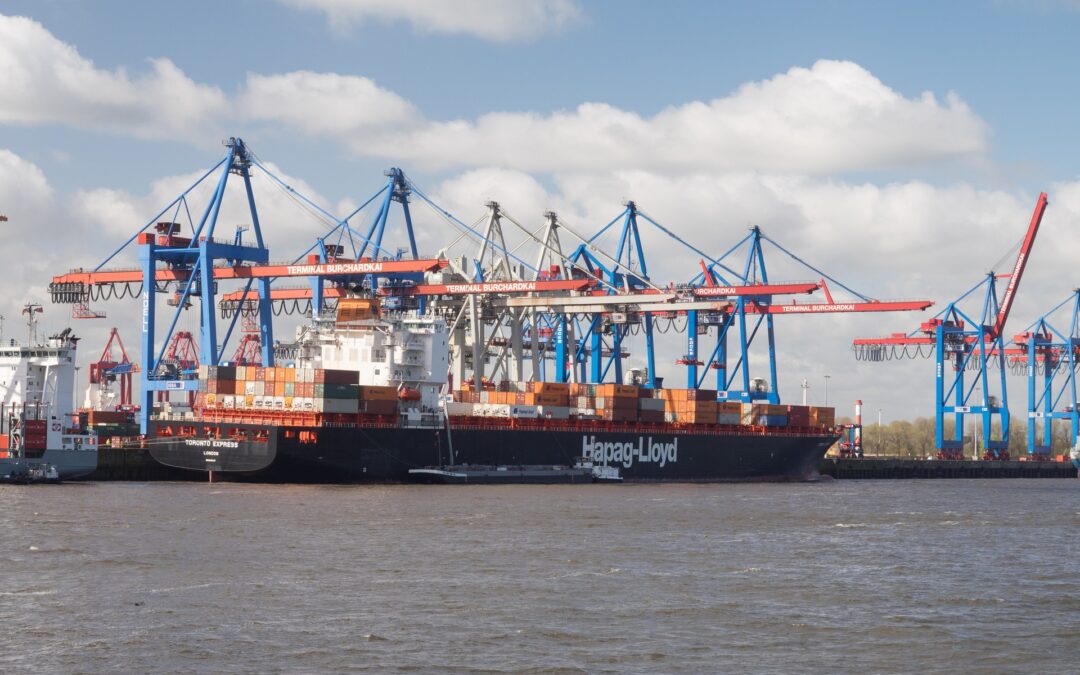Lloyd Lyall
Abstract
Enforcing international labor law is a perennial problem. One popular perspective asserts that tying compliance to trade incentives is the solution: several OECD countries have recently promised to ramp up enforcement of the labor rights commitments in their international trade deals. However, little empirical work is available to explain why trade-based enforcement of international labor rights norms works in some cases but not in others—or even if it works at all.
This Note assembles a novel dataset to investigate these questions by matching 53 trade-based labor rights enforcement cases under one of the world’s largest and oldest conditional trade programs, the U.S. Generalized System of Preferences, to information on the changes in labor conditions in each defendant country during litigation. The data reveal that labor rights enforcement cases are associated with improvements in independent union participation, freedom from forced labor, and employment equality in defendant countries about half the time. Using a generalized synthetic control design, this Note finds evidence that the cases may have caused these improvements.
This Note then explores why trade-based labor enforcement works better against certain countries. It uses a multivariate regression approach. The results suggest that the best predictor of whether a labor enforcement case will improve labor conditions in a defendant country is not, as many scholars assumed, how much the defendant country depends on the trade benefits at stake. Instead, the best predictor of success is whether the defendant country is a political ally of the United States, as proxied by similarity in U.N. General Assembly voting records. These results suggest that trade-based labor rights enforcement works more through reputational and game-theoretic mechanisms than outright coercion.
This Note is the largest quantitative study of the effect of trade conditionality on labor rights outcomes to date, and the first to apply causal empirical analysis to explain why trade-based enforcement works better against certain countries. The results suggest that trade-based human rights enforcement can work, especially against allies. This finding has implications for countries seeking to enforce international human rights law with trade incentives, and for broader debates over when and why states comply with international law.

